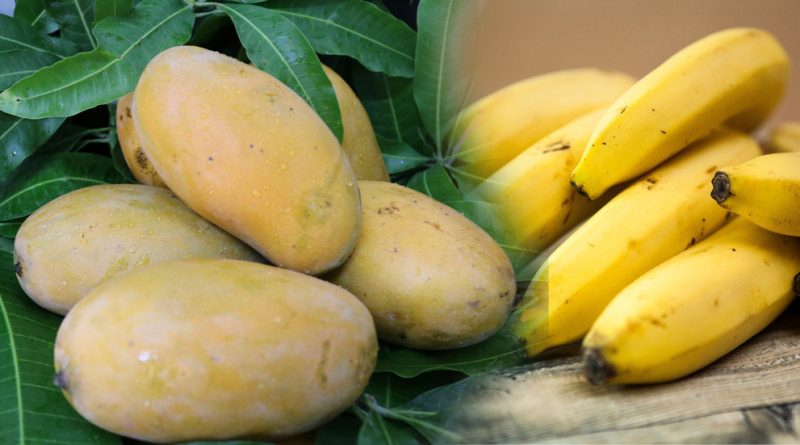Expert Warns of Deadly Health Risks from Artificial Fruit Ripening Using Industrial Chemical
Tandojam: A leading food safety expert has issued a grave warning about the use of calcium carbide — locally known as “carpet” — for artificially ripening fruits and vegetables in local markets, calling it a major public health threat.
Dr. Aasia Akbar Panhwar, Associate Professor at the Institute of Food Sciences and Technology, Sindh Agriculture University Tandojam, revealed that calcium carbide is an industrial-grade chemical that releases acetylene gas upon contact with moisture. While acetylene mimics ethylene — the natural ripening hormone in fruits — it is toxic and potentially carcinogenic.
“Unlike natural ethylene, acetylene can cause severe health issues, especially for children and pregnant women,” Dr. Panhwar stated. “Symptoms range from skin burns and respiratory irritation to long-term risks such as lung cancer, reproductive disorders, and hormonal disruption.”

She highlighted that commercial calcium carbide often contains dangerous impurities like arsenic and phosphorus, further increasing its toxicity. The chemical, commonly used in welding and other industrial processes, is highly reactive and explosive — making its use in the food sector particularly alarming.
Dr. Panhwar has called on regulatory authorities to urgently enforce a ban on calcium carbide in fruit markets and advocate for safe alternatives like food-grade ethylene gas, which replicates natural ripening without harmful side effects.
In the meantime, she urged consumers to thoroughly wash all fruits before consumption and prioritize buying seasonal, naturally ripened produce to reduce health risks.
“This is not just a food safety issue — it’s a matter of public health. Immediate action is needed to protect lives,” she emphasized.


It’s very harmful chemical thanks for highlight health concerned issues, article by Dr Asia Akber our great teacher